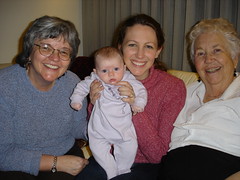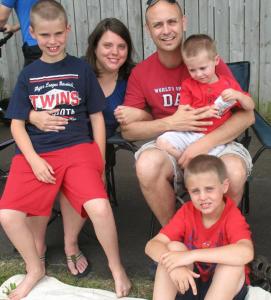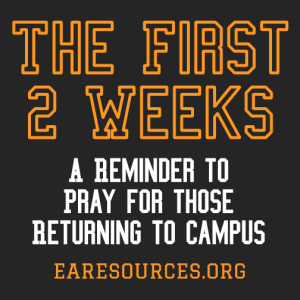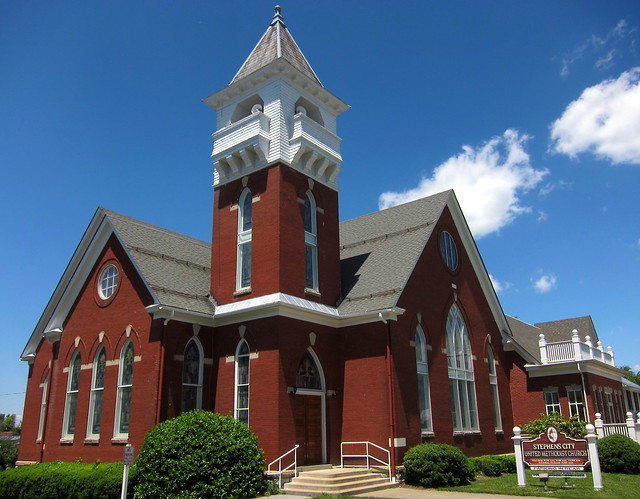Recent research was released by the Pew Research Center, displaying “the Millennial Exodus” from the church. I believe that one reason why young adults leave the church is because of Ageism.

© 2007 Florencia&Pe, Flickr | CC-BY | via Wylio
Ageism is prejudice or discrimination based upon age. “Ageism” was first coined by Robert Neil Butler in 1971, and is displayed through stereotyping various ages and generations, disdain and avoiding contact with different age-groups, and practices that discriminate services based upon age. While the elderly are often the targets of ageism, emerging adults are also victims of its abuse.
Ageism raises it head ever time that jokes are made about a certain demographic within the church. Ageism smiles when roadblocks keep the young (and old) from leadership and service roles. Ageism cheers in victory when the “youth” alone are designated for a specific project of the church. Ageism reigns when generations glare across the aisle at one another rather than standing hand in hand.

© 2007 Mike Renlund, Flickr | CC-BY | via Wylio
The Good News according to Erdman Palmore is that “Religious organization are uniquely able to use exhortation to reduce ageism because most people belong to one and because they can call on the authority of the Bible and other teachings of their religion.“ (Palmore, Ageism: Negative and Positive)
As followers of Christ, we hold powerful answers to ageing and death for our world. The church also has a single unifying cause (Hint: The answer starts with a “J” and ends with “esus”). Armed with a positive perspectives of ageing and death, the church is equipped to build thriving intergenerational communities.
However, when is the last time that you heard a message, homily, blog-post, or devotional on this topic? Even as I write, I wonder whether or not anyone will read this post.
Intergenerational is a buzzword that you hear every day within youth ministry circles. In order to create healthy intergenerational communities, we must confront ageism and develop strategies for individual and community change.

© 2010 Eric Danley, Flickr | CC-BY | via Wylio
When you combat ageism, you stand as a warrior for church unity. Don’t simply be a spokesperson for the youth of the church. I call you to blaze new trails which allow them to speak for themselves. Don’t strive for intergenerational communities until you know that they won’t attack each other.
If you don’t know where to start combating ageism, then look inside. Ask yourself the question, “How does ageism affect you?” May your answer lead you to the cross, and start you on a journey towards healing.
Dr. G. David Boyd is the Founder and Managing Director of EA Resources.









 I had rehearsed what I was going to say and had a response for each of the objections I was sure my pastor would enumerate. I waited until the waitress brought us our coffee, and then I began to share a bit of my heart with this man who had watched me grow up and in recent years had become more of a mentor.
I had rehearsed what I was going to say and had a response for each of the objections I was sure my pastor would enumerate. I waited until the waitress brought us our coffee, and then I began to share a bit of my heart with this man who had watched me grow up and in recent years had become more of a mentor. 







 r. G. David Boyd is the Founder and Managing Director of EA Resources.
r. G. David Boyd is the Founder and Managing Director of EA Resources.